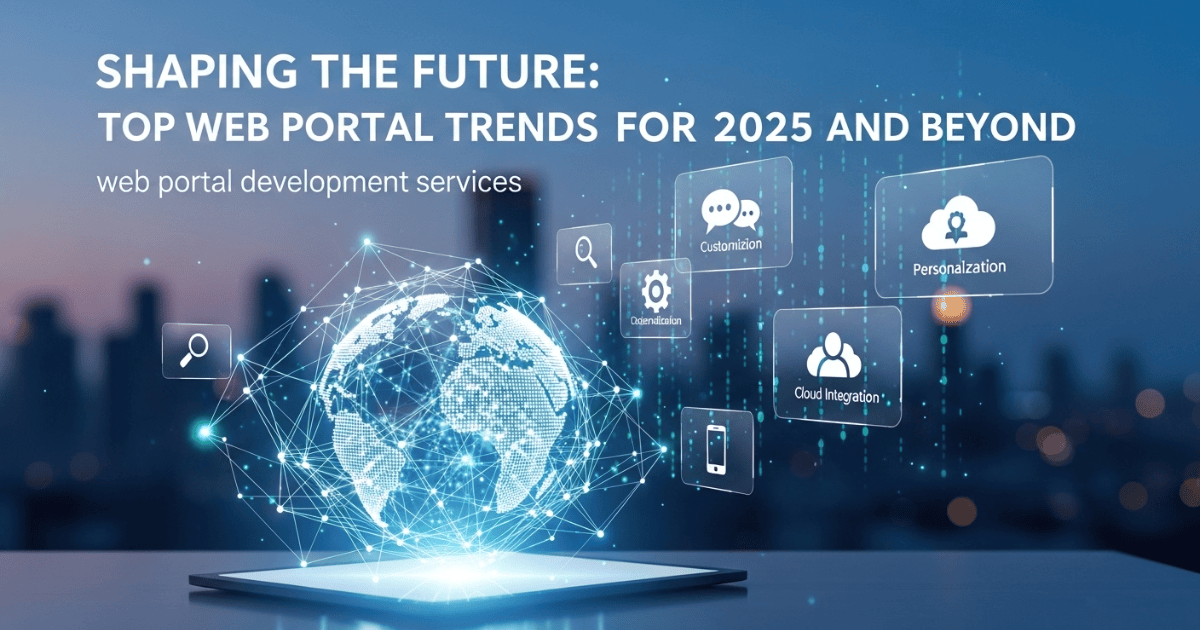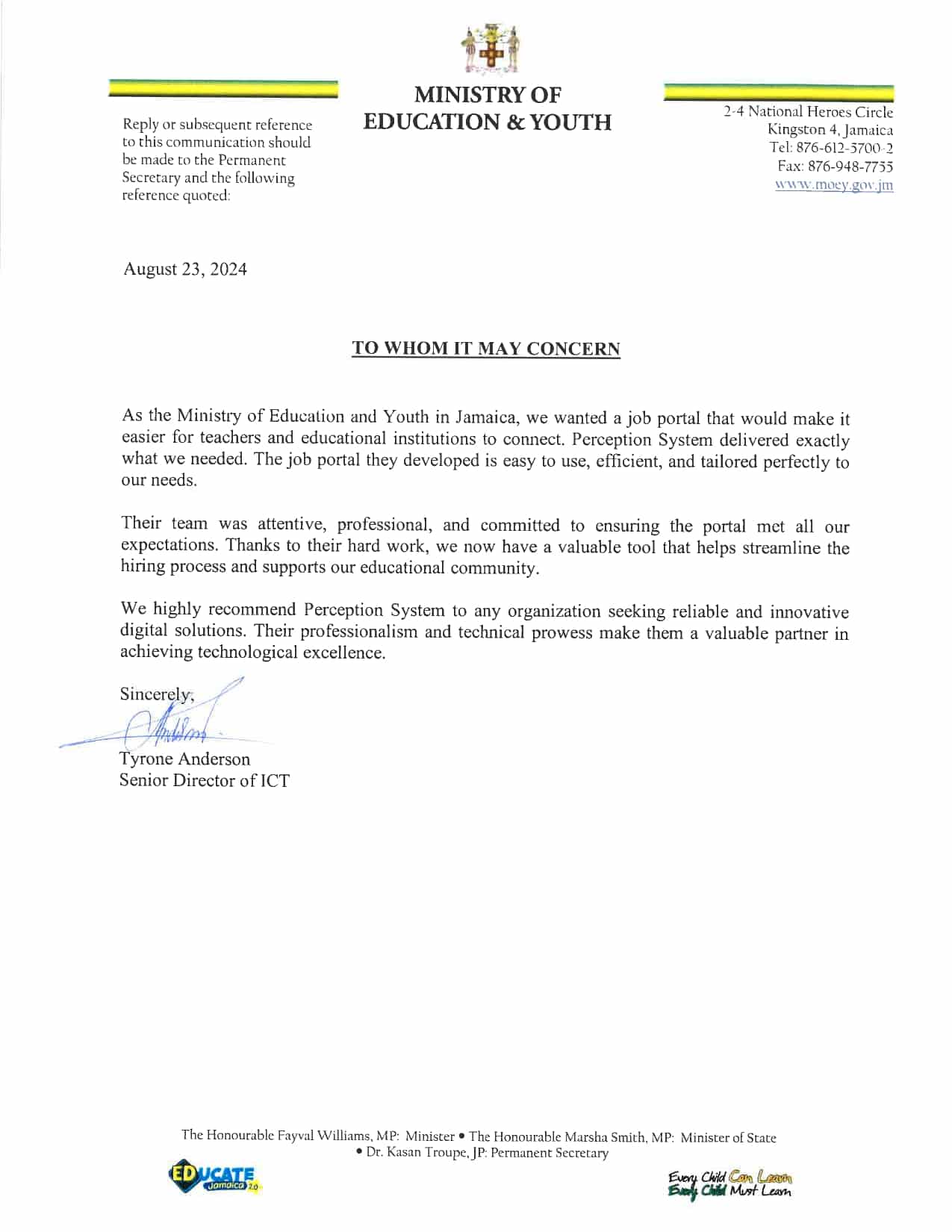Table of contents:
Key Approaches for Building Advanced Digital Gateways 1. Accelerated Mobile Pages (AMP) for Rapid Performance 2. Embracing Dark Mode for Enhanced User Comfort 3. The Power of Cloud Computing 4. Serverless Architecture: Streamlined Operations 5. Advanced Voice Search Capabilities 6. AI-Powered Chatbots for Enhanced User Support 7. Progressive Web Applications (PWAs): Bridging the Gap 8. Personalized Content Delivery 9. Fortifying Against Cybersecurity Threats 10. The Rise of Augmented Reality (AR) in Web Experiences Charting Your Digital Course: Partnering for SuccessIn today’s interconnected world, businesses are constantly striving to deliver outstanding user interactions through robust digital avenues. Whether it’s a thoughtfully designed web portal or a bespoke mobile application, creating a streamlined online environment has become paramount. For organizations to remain competitive and meet evolving user demands, keeping pace with contemporary web development approaches is essential.
The landscape of digital technology is in perpetual motion, with novel web development innovations emerging rapidly. As a business leader, understanding these significant advancements that are redefining custom web portal development is vital. This insight allows for more productive conversations with development partners, ultimately leading to a strong return on investment from effective web application development and delivering exceptional experiences to your clientele, suppliers, or workforce.
This article delves into the key trends influencing web portal design and functionality as we move further into 2025. We’ll explore the critical technologies that forward-thinking organizations are embracing to build highly functional and engaging digital gateways.
Key Approaches for Building Advanced Digital Gateways
Not every emerging web development trend will align with your specific business requirements. With a plethora of innovative technologies, strategically choosing those that best serve your objectives is crucial. The following web technologies offer immense potential for fostering strong user engagement and managing sensitive information with confidence.
1. Accelerated Mobile Pages (AMP) for Rapid Performance
The concept of Accelerated Mobile Pages continues to be a cornerstone in the realm of web portal creation. This open-source framework aims to significantly boost the performance of website pages on mobile devices. Experts project the number of smartphone users to reach a colossal 6.2 billion mark by 2028. Equipping your web portal with AMP capabilities can help you capitalize on this immense user base, ensuring a fast experience for mobile users. With ever-shortening attention spans, it’s critical for enterprises to offer applications that load swiftly. This user behavior emphasizes the importance of your content management system’s speed and overall portal performance.
AMPs represent a significant advancement among modern web development trends. Implementing AMPs can also help reduce the need for additional tools specifically for enhancing user experience speed.
Noteworthy advantages of Accelerated Mobile Pages include:
- Reduced bounce rates
- Positive implications for search engine optimization (SEO)
- Improved website performance
- A strong user-centric approach
This trend remains a vital component for successful portal creation and will continue to be so, impacting how future web portals are accessed and consumed globally.
2. Embracing Dark Mode for Enhanced User Comfort

With many individuals spending significant time interacting with digital devices and solutions, concerns about eye strain and fatigue are growing. Consequently, developers are increasingly integrating dark mode into web portal and website construction. This feature inverts a portal’s color scheme and often eliminates specific bright color shades, contributing to energy efficiency for devices.
Through the intelligent application of CSS media queries, developers can craft portals that seamlessly support dark mode. This trend is gaining traction as more users prefer viewing web content with this setting, particularly in low-light environments. Incorporating this element during your development process, perhaps even during WordPress development, can significantly improve user comfort and accessibility.
3. The Power of Cloud Computing
The cloud computing market currently holds a valuation exceeding over USD 490 billion. This figure undeniably underscores cloud technology’s prominent status in the digital landscape, making it a critical consideration for any new web portal development.
The benefits of cloud technology that can profoundly strengthen web portal development include:
- Superior data security, offering robust protection for sensitive information.
- Elimination of physical storage space concerns, providing greater flexibility.
- Convenient and ubiquitous data access, enabling users to connect from anywhere.
- Effective resource management, optimizing operational costs.
Furthermore, cloud computing empowers development teams to collaborate on projects more efficiently. Cloud-based resources enable remote colleagues to share insights and accelerate the creation of robust web portals. This ultimately leads to a swifter web portal development timeline, allowing organizations to launch digital gateways at an agile pace, crucial for staying competitive.
4. Serverless Architecture: Streamlined Operations
Conventional web portal development typically relies on a dedicated server for handling business logic and facilitating communication. However, this traditional model often comes with a significant overhead. Servers involve numerous software and hardware components that demand consistent maintenance, including regular security updates and diligent data backup procedures to prevent information loss.
The adoption of serverless architecture offers a compelling solution to these server management challenges. With this approach, a third-party provider takes on the responsibility of managing the server infrastructure. This liberates businesses from the financial and operational burdens associated with server maintenance. Moreover, it enhances the scalability of web portal solutions, enabling developers to build highly responsive applications without the constant worry of hardware failures, which is particularly beneficial for fluctuating user loads.
5. Advanced Voice Search Capabilities
The widespread adoption of voice assistants like Alexa, Google Assistant, and Siri has propelled the rise of voice search optimization. Integrating voice assistant features is a key trend in web portal development in 2025 and beyond. This technology ensures that your portal is readily accessible via voice commands, allowing users to navigate and interact with various functionalities at their convenience. This trend significantly improves user experience, potentially leading to increased engagement and conversions by meeting users where they are.
A reputable web portal development company can provide expert guidance on how to effectively leverage such contemporary development approaches, ensuring your portal ranks well in voice search results.
6. AI-Powered Chatbots for Enhanced User Support
Artificial intelligence (AI) continues its remarkable expansion, influencing various aspects of digital solutions. Today, AI can refine web portal services by powering diverse functionalities, ensuring a seamless user journey. Chatbots, driven by AI, elevate user experiences by offering real-time responses to common queries and improving interactions through natural language processing. These intelligent tools are also highly effective at reducing customer service costs, freeing up human resources for more complex issues. Furthermore, they provide valuable insights into user behavior and queries, which can inform strategic modifications to your web portal.
The substantial advantages of AI-driven chatbots make them a compelling investment for developers. It’s highly probable that more web portals will integrate these sophisticated bots in the coming decade, creating more intuitive and responsive interactions for users.
7. Progressive Web Applications (PWAs): Bridging the Gap
Progressive Web Applications (PWAs) are software solutions that operate independently of a specific browser on a device. They offer a user experience remarkably similar to native applications while leveraging the versatility of a website, providing the best of both worlds.
Distinct advantages of PWAs include:
- Minimal on-device storage footprint, appealing to users with limited space.
- Flexible distribution without app store reliance, simplifying access.
- Simplified application installation, reducing barriers to entry.
- Reduced development expenditures compared to native apps.
- Offline functionality, enhancing usability in various scenarios.
- Elimination of the need for separate app store submissions.
PWAs are poised for significant growth due to these compelling benefits. Many prominent organizations, such as Uber, have experienced a notable increase in website traffic after implementing progressive web app development. Embracing such popular web development trends empowers your business to create truly user-centric digital gateways that are both accessible and high-performing.
8. Personalized Content Delivery
Modern users are increasingly particular about the content they receive. Whether they are direct customers or third-party vendors, web portals should offer a tailored experience to captivate and retain their attention. Consequently, content personalization has emerged as a crucial trend in web portal development for delivering an enriched user experience. This sophisticated technology employs machine learning algorithms to discern user preferences. These algorithms meticulously extract data to present users with highly relevant and appropriate content, fostering deeper engagement.
Beyond this primary advantage, personalization, powered by machine learning, offers additional benefits:
- Access to real-time user analytics, providing actionable insights.
- Opportunities for A/B testing, allowing for continuous optimization.
- More pertinent recommendations, increasing user satisfaction.
- Potential for increased conversion rates, directly impacting business goals.
These factors collectively attest to the increasing prominence of content personalization. For businesses, it is imperative to engage skilled developers and content creators who can effectively harness this web portal development trend. For expert implementation, consider partnering with a trusted web development vendor like Perception System, who possesses a team of professionals capable of crafting sound personalized services across both software and content domains.
9. Fortifying Against Cybersecurity Threats
Cybercrime continues its upward trajectory. Globally, companies faced substantial costs, spending approximately USD 4.35 million to address data breaches. This challenge of combating cybersecurity threats is expected to persist and intensify in the years ahead. However, in response to these threats, the market is seeing the rise of advanced, native cybersecurity solutions specifically designed for web portals and online platforms.
Prominent cybersecurity measures trending in the web portal development arena include:
- Two-factor authentication, adding an extra layer of security.
- Proactive patch management, keeping systems updated against vulnerabilities.
- Dedicated security operations centers, for continuous monitoring and response.
- Integrated malware checks, preventing malicious software from impacting the portal.
Organizations are increasingly prioritizing these counteractive measures to mitigate costs and safeguard user data from malicious actors. As the technical sophistication of hackers continues to advance, it becomes essential for businesses to invest in robust security protocols. Professional software developers at a leading web portal development company like Perception System can provide invaluable guidance in suggesting the most effective strategies for protecting privacy and critical user information. Expect to see an emergence of non-traditional cybersecurity approaches in the near future as well, demanding ongoing vigilance.
10. The Rise of Augmented Reality (AR) in Web Experiences
One of the most captivating trends in web portal development is the increasing integration of Augmented Reality (AR), often referred to as WebAR. This technology holds immense potential for enriching user experiences directly within a website or browser environment. Web Augmented Reality can be particularly advantageous for e-commerce enterprises, transforming how customers interact with products. The web portals of such companies can empower customers to virtually “try on” products or visualize them in their own space through AR. This added convenience in the shopping experience can drastically enhance user satisfaction and reduce returns.
Whether it’s visualizing furniture placement, trying on new apparel, or understanding the operation of a brand-new device, WebAR can fulfill these requirements. Amazon stands out as a prime example of an organization that pioneered this engaging web portal development trend, demonstrating its real-world applicability and benefit.
Charting Your Digital Course: Partnering for Success
These cutting-edge web portal development approaches are poised to redefine how we conceive and construct our online presence. The overarching message from observing these technologies is clear: user-centric services will remain a paramount focus for contemporary organizations. Moreover, embedding robust, native cybersecurity solutions will become non-negotiable for ensuring the integrity and security of web portals, protecting both the business and its users. In this dynamic environment, selecting a dependable provider of web portal development services is crucial for effectively implementing the most suitable trends for your project.
For comprehensive assistance with your digital aspirations, remember that a strong digital infrastructure also includes specialized platforms that cater to unique business functions. If your business deals with talent acquisition, exploring robust ats software development can streamline your hiring processes and enhance efficiency. For creating engaging and accessible online learning environments, consider the power of custom moodle development to build a tailored educational platform. And if you’re leveraging the popular HubSpot ecosystem for your marketing and sales efforts, partnering with a skilled HubSpot CMS Developer can unlock its full potential, ensuring your content is managed effectively and performs optimally.
Ultimately, the goal of effective web portal development is to craft a digital space that not only functions flawlessly but also truly resonates with its users. Trusting a firm with a proven track record, like Perception System, ensures your digital gateway is built for success in the evolving digital landscape, providing long-term value and fostering strong user relationships. To discuss how these innovations can benefit your specific business needs and help you stay ahead in the competitive digital landscape, we invite you to contact us.




